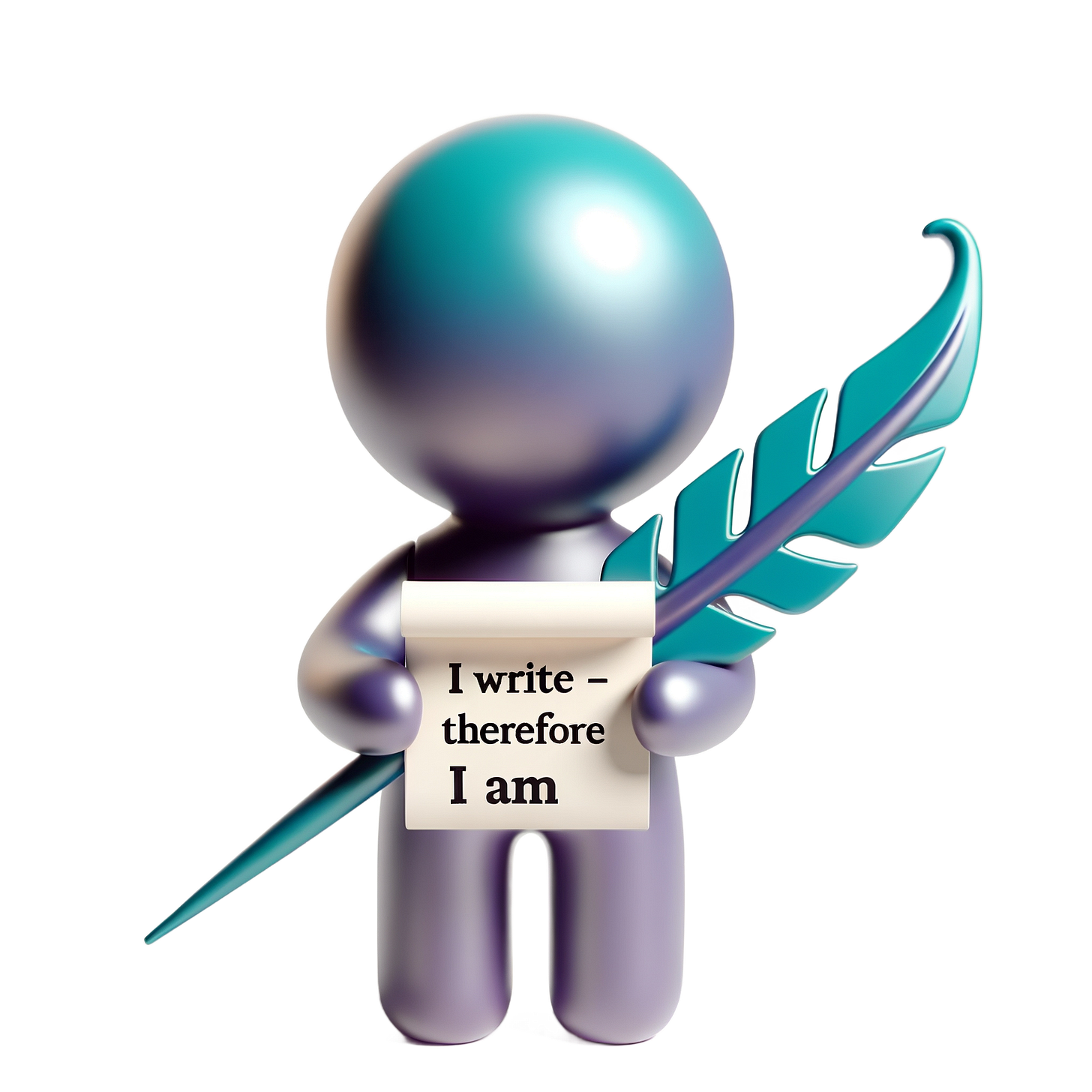Character Journals
A Game-Changer for Deep Storytelling
Note: A much earlier version of this post appeared on my former blog. I’ve since expanded and reimagined it with fresh insight—and Jayla’s voice has only grown stronger.
“. . . I hear their voice, their thoughts, and can shapeshift into their bodies, feeling their emotions.” ~ Diana Stout, CPE: Character, Plot, and Emotion
I had never used character journals before reading Dr. Diana Stout’s CPE—Character, Plot, & Emotion: The Three Foundational Pillars of Storytelling. Now, journaling has become one of my favorite tools for character development. It’s not just useful—it’s revelatory.
I began with my protagonist from a lyrical science fiction WIP: Jayla Lassó Finn. Writing in her voice—hearing her thoughts, seeing the world through her lens—was a wholly new experience. As fiction writers, we already inhabit our characters. But a journal? It makes the experience intimate. Personal. Raw.
Sidenote: When I journal from my character’s POV, I write freehand. Pen to paper always brings me closest to authenticity.
Here’s a glimpse into Jayla’s journal:
Weave 28, 207
Do not ask me about my wound. It’s mine. I hide it because it gets in the way. It means nothing. It means everything. ‘The wound’, you call it. I call it … lost love, lost chance at love. Struggle between loneliness and independence. Risk avoidance—I have one heart only. It’s been confirmed. It’s breakable. Is there empirical evidence supporting close relationships? … Bias in research exists. I am not afraid of risk. I take risks all the time. Discovery requires risk.
Close relationships interfere with significance, the long game. Or does it? Don’t ask me about my wound. It’s mine. I’m not the only one who has ever run from a wrong choice. I’m not the only one who should learn to be still. If you can believe that.
Leave me alone.
“Dreams and desires.”
“Is there a difference?”
“Nevermind.”
Even in this brief passage, Jayla’s personality takes shape. She’s pragmatic. Stubbornly independent. Possibly cold. But she’s also clearly lonely—and wounded. That tension between control and vulnerability? That’s gold.
This single journal entry invites more questions than it answers:
What happened? Who hurt her? What did she lose?
And that is why character journaling is such a powerful tool.
Why Every Writer Should Try a Character Journal
Character journals aren’t a new idea. I imagine even the literary giants—Rowling, Martin, Le Guin—used some form of internal voice-tracking. But character journals aren’t just for writers of epic fantasy or sweeping sci-fi.
Any writer, in any genre, can benefit.
They help with:
Deep Character Development
Voice and Style Refinement
Plot Discovery & Foreshadowing
Let’s break that down.
1. Deep Character Development
Writing in first person forces you into the character’s psyche. You don’t just write about their emotions—you feel them.
It’s a great way to explore backstory and private memories—without dumping exposition into the main narrative.
It helps you uncover what drives your character, what haunts them, what they’ll never admit out loud.
Journaling naturally reveals fears and desires. Often, it uncovers themes you didn’t know were central to your story.
For instance, Jayla’s reflections on her “wound” reveal more than just loss—they expose the driving tension between her emotional isolation and her longing for something real.
2. Voice and Style Refinement
A journal is a practice ground. It gives your character a distinct voice and allows you to test tone, rhythm, and phrasing.
It ensures their voice stays consistent—not just in narration, but in dialogue.
It also helps separate your authorial tone from the character’s perspective. Jayla doesn’t sound like me. She shouldn’t.
3. Plot Development and Foreshadowing
Journaling can spark new plotlines simply by letting your character react to events in real time.
It reveals emotional beats you might otherwise miss.
It helps map where characters are going—even if they don’t know it yet.
And often, it gives you the perfect breadcrumb for a future reveal.
How to Start a Character Journal
Not sure where to begin? Try these prompts:
Who is your character? Jot down age, background, quirks, internal conflicts.
What format will you use? A classic diary? Voice memos? Dream logs? Letters to a lost love?
What prompts the entries? Solitude? Grief? Triumph? Longing? A research breakthrough?
Write unfiltered. This isn’t polished prose—it’s the messy middle. The truest voice.
Want to Dive Deeper?
Here are a few craft books that pair beautifully with character journaling:
On Writing – Stephen King
Save the Cat! Writes a Novel – Jessica Brody
Bird by Bird – Anne Lamott
CPE: Character, Plot, & Emotion – Diana Stout (the one that started it all for me)
Your Turn
Do you use character journals? Interviews? Letters?
What methods have helped you bring your characters to life?
Drop your thoughts in the comments—I’d love to hear how your characters speak when no one’s watching.







I have not done a character journal in a long time. That might help me find the thread to revise Maven III.